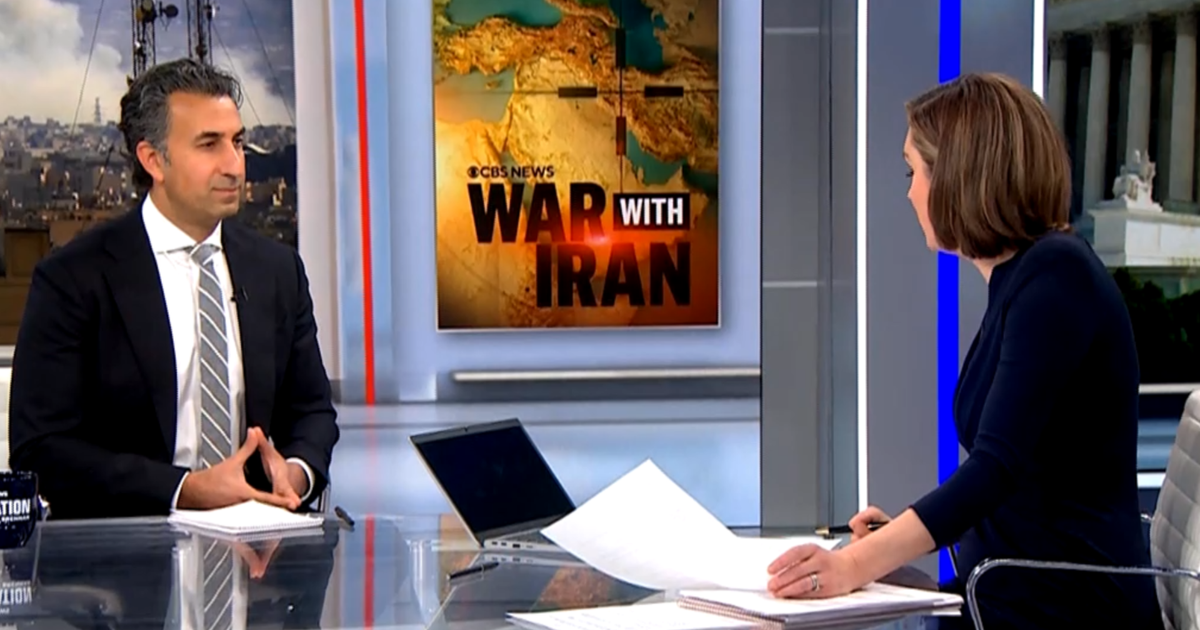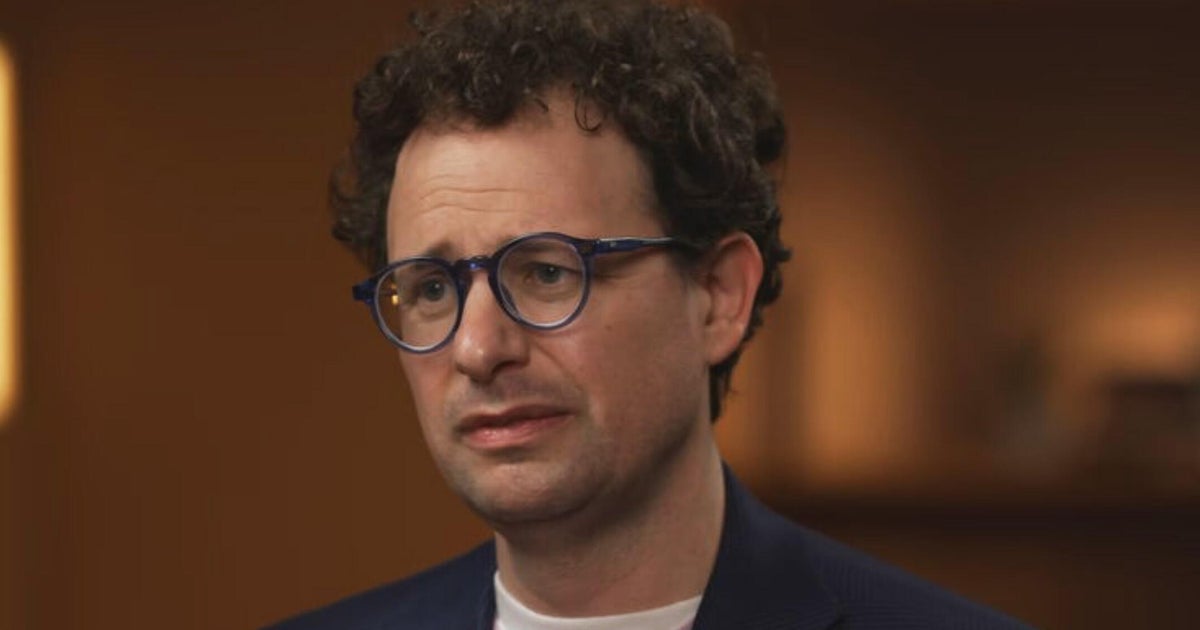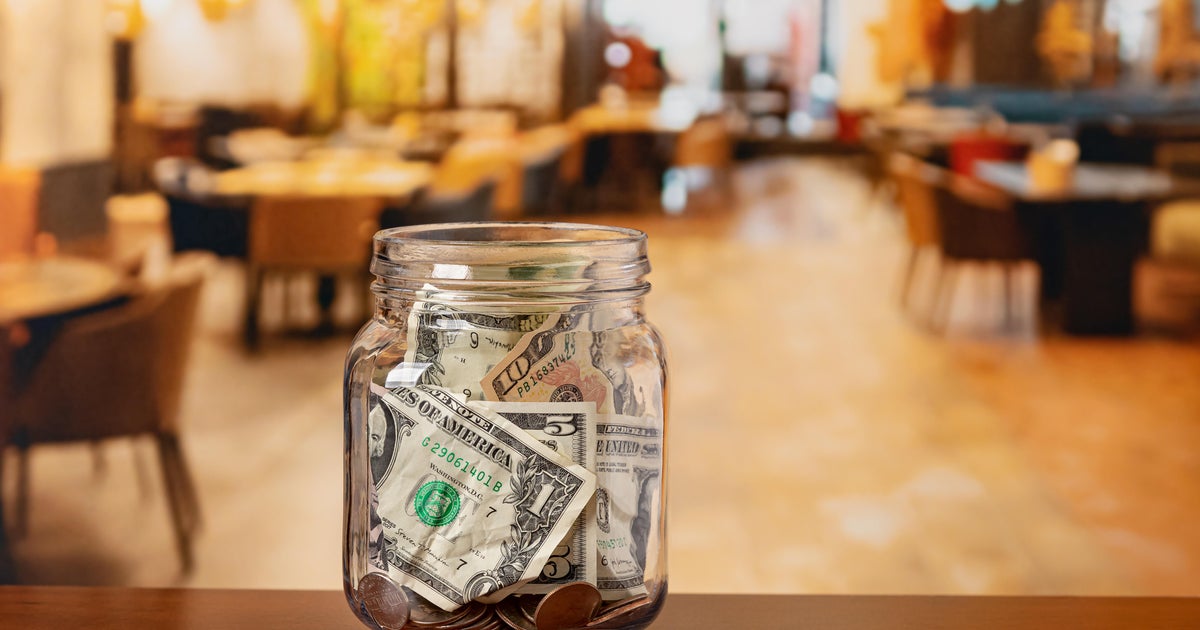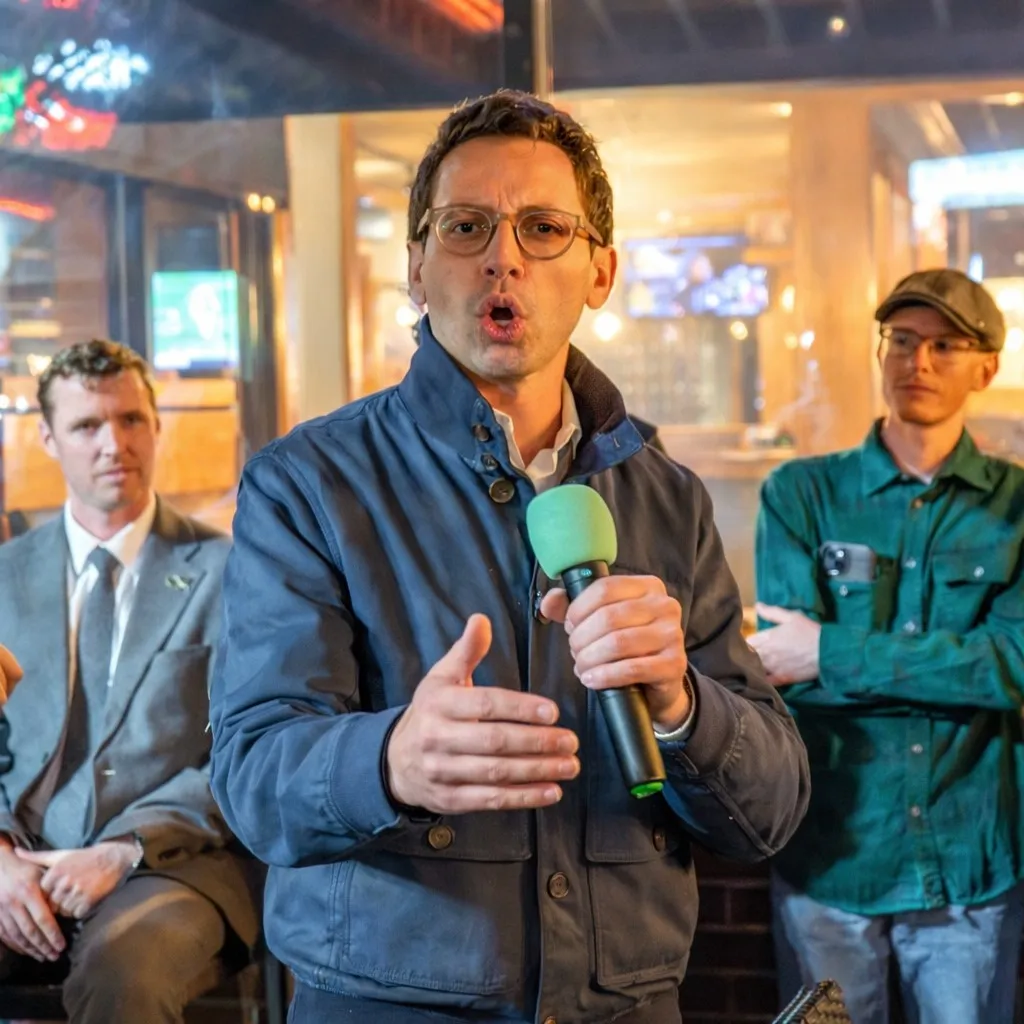Transcript: Governor Larry Hogan discusses coronavirus on "Face the Nation," April 26, 2020
The following is a transcript of an interview with Maryland Governor Larry Hogan that aired Sunday, April 19, 2020, on "Face the Nation."
MARGARET BRENNAN: We go now to Annapolis and Maryland Republican Governor Larry Hogan. Maryland had their highest number of deaths in a single day just yesterday. I'm sorry to hear that, Governor. Good morning to you.
GOVERNOR LARRY HOGAN: Good morning, thank you.
MARGARET BRENNAN: This week, the president from the White House podium contradicted his top three medical advisers when they said that the virus may come back in the fall, overlap with flu season and be even more difficult. We also had the administration remove a top scientist who'd been working on vaccines because of what he claims was retaliation for warnings about hydroxychloroquine. And then the president suggested potentially ingesting disinfectants, an idea to try to kill the virus. When you hear this kind of disinformation, how- how dangerous do you think it is, particularly when it comes from the White House?
GOV. HOGAN: Well, I think it's always critically important to- to- for a leader to put out the facts and to be as open and honest and transparent as possible. And that's what I've tried to do as the governor of my state, particularly in the middle of this crisis. And I think it's critical that the president of the United States, when people are really scared and in the middle of this worldwide pandemic, that in these press conferences that we really get the facts out there. And unfortunately, some of the messaging has not been great. I mean, the- the mixed messaging- I've raised concerns multiple times about conflicting messages. We had hundreds of calls in our hot- in our hotline here in Maryland about people asking about injecting or ingesting these- these disinfectants, which is, you know, hard to- hard to imagine that people thought that that was serious. But what people actually were thinking about this, was this something you could do to protect yourself? Look, the- I've been trying to do my very best from the beginning of this crisis. We pulled together a coronavirus response team made up of the smartest epidemiologists and public health doctors in the world to advise us every step of the way. And we've been trying to base all of our decisions on that information, those facts, and to try to get those facts out to the public so that they know exactly what's going on.
MARGARET BRENNAN: As you said, you- your state had to warn residents not to ingest disinfectants. Should the president stop these briefings?
GOV. HOGAN: Well I- you know, I think having briefings to inform the public of what's going on is important. And I think his coronavirus team has really been doing a good job. And there's some really smart folks on there that are providing valuable information. So I'd hate to see that stop, but I think some- I think you saw a different briefing yesterday where the president didn't take questions. We didn't have a two-hour-long press conference that went off into different topics. And perhaps that's indicating a- a different strategy. And I think maybe some of his advisers are- are suggesting that maybe a different communication policy might be more helpful.
MARGARET BRENNAN: I want to ask you about this region of the country. Dr. Birx said that the D.C. metro area, Maryland, obviously being part of that, is still having a problem with infections. Why? What is- what is driving this?
GOV. HOGAN: Well, so we took some of the earliest and most aggressive actions in America. I- I wa- the very first case that we had here, I declared a state of emergency. We were the first to close the schools. We were one of the first in America to close bars and restaurants. One of the first to close nonessential businesses. And so the whole talk we've been hearing about for more than a month now is about trying to flatten and lengthen that curve so you don't have the big spikes. That's exactly what we've been really successful in doing here in this region. That's why we're about a couple of weeks behind places like New York and New Orleans and other places. We have dramatically flattened and lengthened that curve and lowered the numbers. But unfortunately, that means- that means we're also a little bit behind, and now those numbers are coming up. We can't stop the virus, but we've at least up till now, stopped the overflow of our health care system, the overburdening of the ICU beds and ventilators and things like that. But yes, we're--
MARGARET BRENNAN: Yeah.
GOV. HOGAN: --our hospitalizations and ICU beds are starting to flatten, but our deaths and our infections are unfortunately going up.
MARGARET BRENNAN: You have said that the number one problem right now is lack of testing. I know you had kind of a unique solution in Maryland. Your wife placed a call to South Korea and had them send kits. Governor Cuomo said he talked to the president about it this week, and specifically on the global supply chain, he has asked for federal help. Is that what you think the federal government should be doing with testing- the supply chain?
GOV. HOGAN: Well, so I'm the chairman of the National Governors Association and Governor Cuomo is my vice-chairman. And we've been focused on a number of things we've been pushing at the federal level, testing being one of the most important. I mean, the president said over and over again, I mean, yes- yes, we should have more assistance from the federal lev- government on testing. I think we finally have driven that message home. And this week, just yesterday, we had another call with the vice president and his team. They've made some progress on making some more labs available, on trying to ramp up production of tests here in America. But, you know, for quite a while, the governor- the president has been saying--
MARGARET BRENNAN: Yeah.
GOV. HOGAN: --over and over again, testing is a local thing. Governors should go out and get their own tests.
MARGARET BRENNAN: Right.
GOV. HOGAN: So we spent about a month with my wife's help, getting a half a million tests from- from South Korea, which was going to save thousands of lives in our state.
MARGARET BRENNAN: I also--
GOV. HOGAN: But I'm not sure it should've been that difficult.
MARGARET BRENNAN: I- I also want to ask you, New Jersey's governor said today that his state is going to have to gut the living daylights out of educators and first responders if Congress and Republican leaders, who were reluctant to do it, don't provide aid. $500 billion is what you say you need. Why not have strings attached to that? Why do you need flexibility? Why do you need that amount?
GOV. HOGAN: Well, so the governors have been pushing for this. We tried to get it in the third stimulus package, and we pushed to try to get it in the 3.5 stimulus package. There's tremendous bipartisan support for this. Nearly every governor in America supports it, both Republicans and Democrats. We've had numerous conversations. I have personally with the president and vice president, with Secretary Mnuchin, with Secre- Senator McConnell, with leaders on both sides of the aisle in the Senate and the House. I think we're making real progress. The- the pres- president has committed several times to try to help the governors and the states in the- in the fourth stimulus package. Vice president has as well, Secretary Mnuchin. I know Senator McConnell is still somewhat reluctant, but there's a bipartisan bill in the Senate that the governors hope to get through with the help of the administration,--
MARGARET BRENNAN: OK.
GOV. HOGAN: --because we're on the front lines, and we can't provide services to the people in our states and help us get out of this economic problem without that assistance.
MARGARET BRENNAN: All right. Understood. Governor, thank you. We'll be back in a moment to talk about the economy with entrepreneur Barry Diller. Stay with us.



